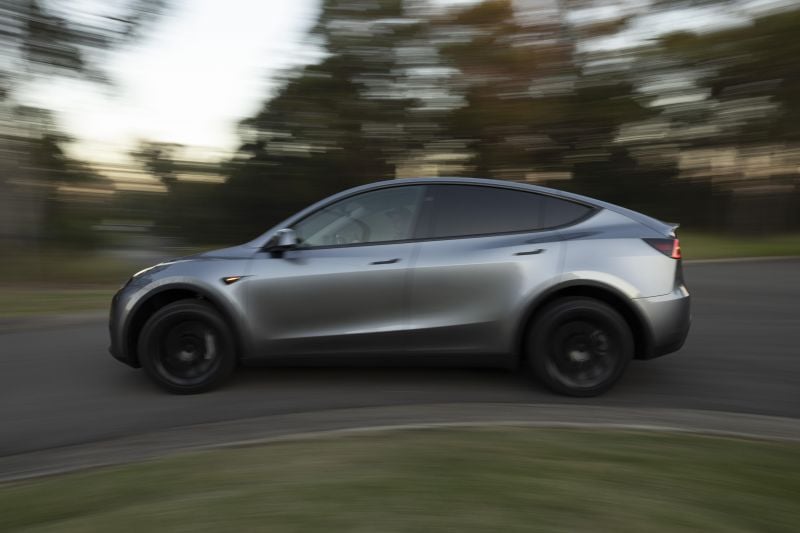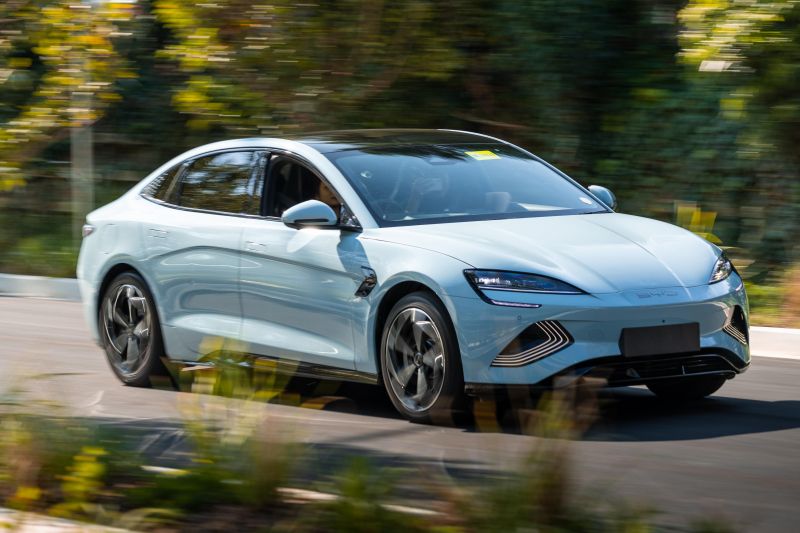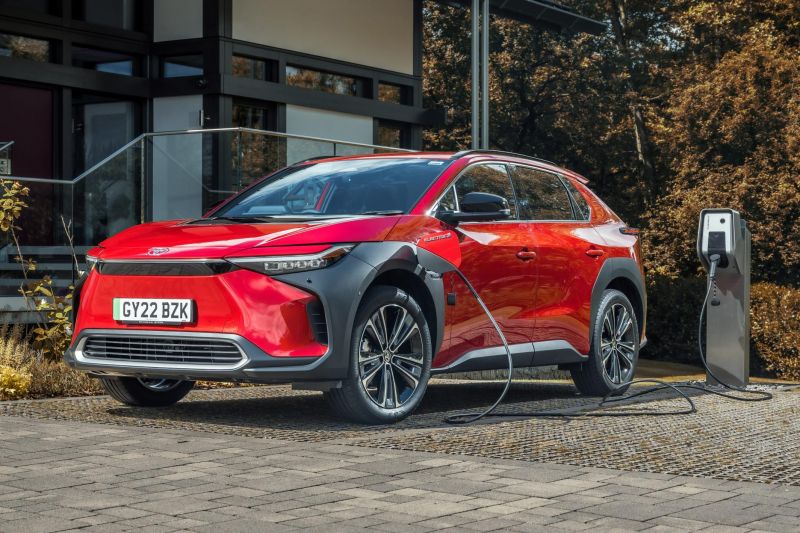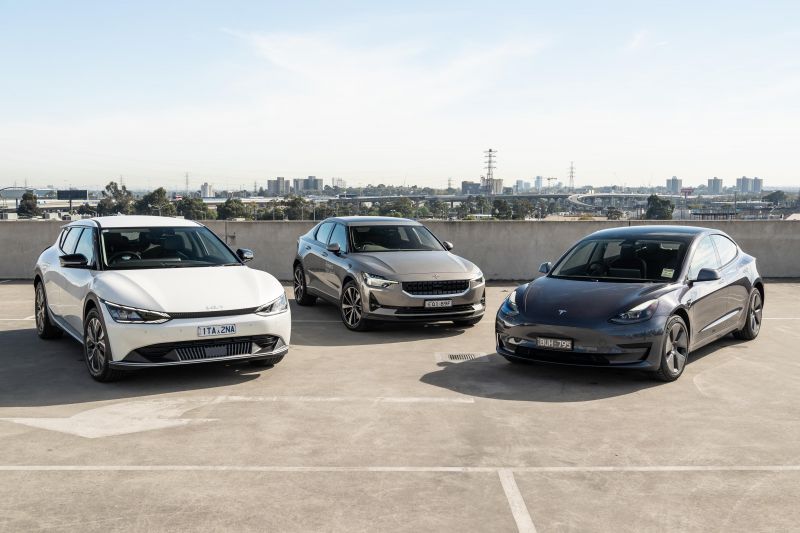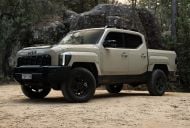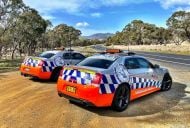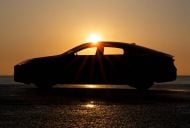Demand for electric vehicles (EVs) from Australian motorists soared in recent years, but recent plateaus have left many wondering why they haven’t been able to sustain this growth.
That question may have been answered by the country’s largest motoring group, with the NRMA releasing the first iteration of its two-part Changing Gears report, titled “The road ahead for EV adoption in Australia”.
Published by the NRMA following 2079 interviews conducted via online panels by Ipsos in February 2024, the report detailed the responses of those surveyed about their car-buying habits – with a particular focus on EVs.
100s of new car deals are available through CarExpert right now. Get the experts on your side and score a great deal. Browse now.
With EVs accounting for just over eight per cent of vehicle sales so far this year, they’re still outsold by traditional petrol and diesel cars, as well as hybrids which claim to offer the best of both worlds.
According to the NRMA, EVs have an ‘image problem’ which makes them seem inferior to internal combustion engine-powered and hybrid vehicles, at least in the eyes of new-car buyers.
“One major contributing factor is that EVs still have an image problem. Petrol and hybrid vehicles are seen by many purchasers as being superior vehicles to EVs,” the report said.
“When evaluating various attributes such as resale value, safety, and driving experience, EVs are often viewed as underperforming. Although EVs narrow the cost gap in terms of running expenses, only 30 per cent of Australians believe they are the most economical option.
“Additionally, while 42 per cent of Australians recognise EVs as the most environmentally friendly choice, more than half remain unconvinced.
“All of this points to two areas of strength – sustainability and cost effectiveness – and a range of barriers that need to be addressed to ensure EVs see continued growth across the population in the coming years.”
Particular areas of concern regarding EVs for motorists is their belief that petrol/diesel vehicles are easier to sell – with 68 per cent agreeing to this, 23 per cent saying hybrids are, and only eight per cent backing EVs as the easiest to offload.
11 per cent of motorists surveyed also believe that EVs are best to drive in all weather conditions, well below petrol/diesel cars (63 per cent) and hybrids (26 per cent).
Reflecting the perception of hybrids offering fuel savings without range anxiety, 45 per cent of respondents said they’ll be the most common vehicle type in five years, ahead of petrol/diesel models (32 per cent) and EVs (23 per cent).
There was one saving grace for EVs however, with 42 per cent of surveyed respondents saying they’re the most environmentally friendly type of vehicle, ahead of 35 per cent for hybrids and 23 per cent for petrols and diesels.
When asked why they wouldn’t consider buying an EV, 54 per cent said driving range was the main factor, 53 per cent cited recharge time concerns, 52 per cent said it was due to affordability and a lack of charging stations, while battery life was a concern for half of those against the technology.
While uncommon, a risk of battery fires was said to be a key reason for not buying an EV for 44 per cent of those surveyed.
The NRMA report claims about five per cent of Australia’s vehicle fleet consists of EVs, though steady sales for new vehicles and greater demand for secondhand examples could in tandem push this figure further upwards.
“Upfront affordability is a real challenge, with only three EV models currently available for under $40,000,” the report says. “This puts a new EV out of reach for nearly half of vehicle purchasers.
“However, as more affordable models come to market and the secondhand EV market develops, EVs will become accessible to a much wider group.
“58 per cent of those considering an EV would be open to buying a secondhand vehicle, suggesting that this is a viable way into an EV for many.”
With these and other results in mind, the NRMA put forward a number of recommendations to boost EV sales, such as shedding misconceptions, providing better charging information, boosting secondhand sales through incentives and introducing standardised battery health testing and reporting.
“By proactively shaping the policy agenda, driving public awareness, and developing innovative solutions, it will be possible to accelerate the uptake of EVs in a way that is affordable, equitable and optimises the benefits for drivers, the environment and the transport system as a whole.”





